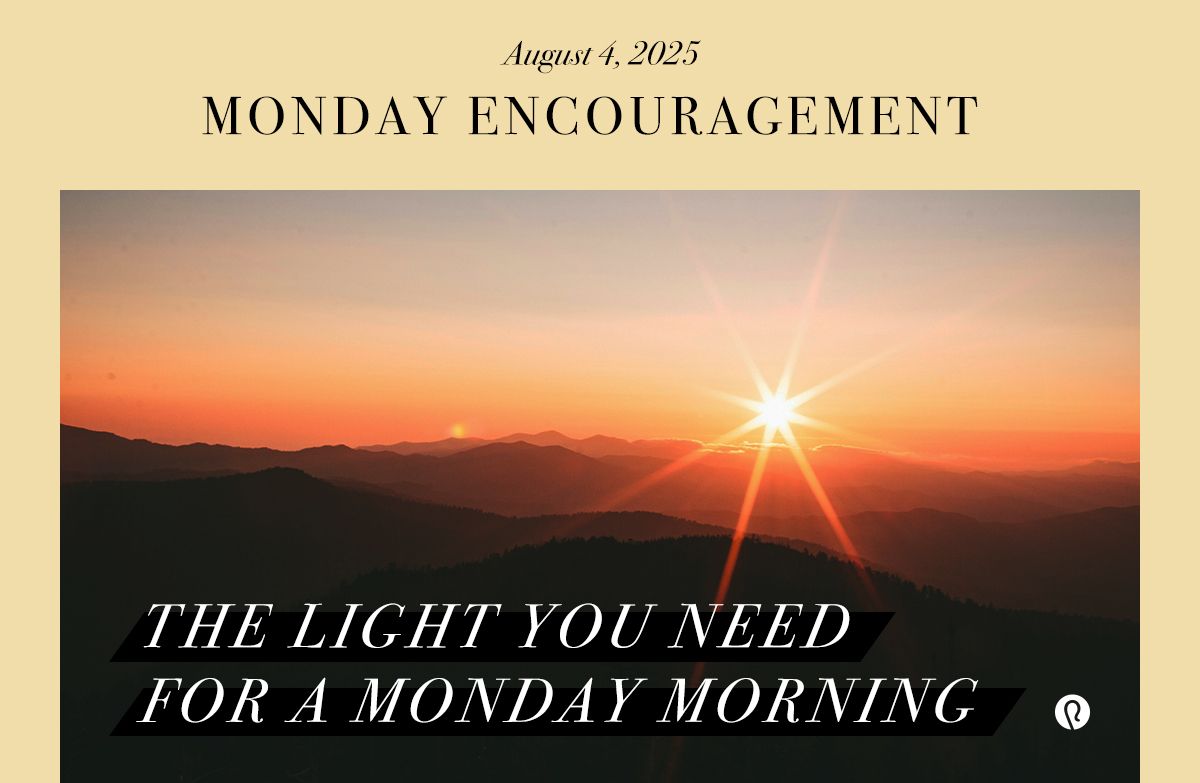FellowshipPreaching/TeachingLeadershipCelebrate RecoveryDiscipleshipSmall GroupsEvangelismWorshipMinistry
How to Unleash the Creative Potential of Your Church

Napoleon once pointed to a map of China and said, "There lies a sleeping giant. If it ever wakes up, it will be unstoppable." Today the American church is a sleeping giant. Each Sunday, church pews are filled with members who are doing nothing with their faith except "keeping" it.
The designation "active" member in most churches simply means those who attend regularly and financially support the church. Not much more is expected. But God has far greater expectations for every Christian. He expects every Christian to use their gifts and talents in ministry. If we can ever awaken and unleash the massive talent, resources, creativity and energy found in the typical local church, Christianity will explode with growth at an unprecedented rate.
I believe that the greatest need in evangelical churches is the release of members for ministry. One of the key challenges facing a pastor is positioning his church as a creative place that needs the expression of all sorts of talents and abilities, not just singers, ushers and Sunday school teachers. And one of the reasons enthusiasm is so low in many churches is that creativity is discouraged. Great ideas are shot down with "We've tried that before."
I'm very hesitant to tell people a ministry idea won't work. I like to be surprised. When somebody comes to me with a ministry idea, I try to always make my initial response, "Why not?" I may have seen the idea bomb three times before but I'm not going to be a dream-buster. This person may be just the right person to pull it off.
Sometimes a person will have a great idea for ministry but personally doesn't have the leadership skills to pull it off. In that case, it's important to pray that God will raise up a leader who can take the ball and run with it. But if you spend all your time telling people what won't work, they'll eventually stop trying altogether.
The key to unleashing the talent, resources, creativity and energy of your people is to delegate authority with responsibility. People respond to responsibility. They thrive and grow when you trust them. When you give authority with responsibility, you'll be amazed at the creativity of your people. On the other hand, if you treat people like incompetent babies, you'll have to diaper and feed them the rest of your life. People are always only as creative as the structure allows them to be.
People want to make contribution with their lives. They want their lives to count. They want to feel that they matter. When you can show people that they can make a difference with their gifts and talents by joining your church, they will want to be involved. If you give members responsibility, they will respond to it.
To bring out the best in people, you must give them a challenge and -- when they succeed -- give them the credit. You also have to give them the freedom to make mistakes. That means you have to quit hogging all the mistakes for yourself and let others make some of them! How did you become so experienced? You learned by making mistakes.
To bring out the best in people, it also is extremely important to give them control.
Every church must eventually decide whether it is going to be structured for control or structured for growth. For a church to grow, both the pastor and the people must give up control. The people must give up control of the leadership, and the pastor must give up control of the ministry. Otherwise, you create a bottleneck for growth.
This is especially true once a church grows beyond about 500 people, because then no single person or board can know everything that's going on in the church. I haven't known about everything that happens at Saddleback for years. I don't have to know about it all!
You might ask, "Then how do you control it?" The answer is: I don't! It's not my job to control the church. It's my job to lead it. There is a very big difference between leading and controlling. Our pastors and staff are responsible to keep the church doctrinally sound and headed in the right direction, but most of the day-to-day decisions are made by the people actually doing the ministries of the church. Every lay ministry is assigned a staff liaison but, as much as possible, our staff stays out of the decision-making process in each ministry.
When Saddleback was just a few years old I found myself running out of energy. The church had grown to several hundred people and I was still trying to do most of the ministry myself. I literally helped with every job in the church. I stored all our equipment -- cribs, chairs, etc. -- in my garage. Every Sunday morning I would borrow a truck to haul that equipment to the school we were renting. I printed the bulletin. I swept the school auditorium. I stocked the bathrooms with toilet paper. I set up the sound system. I cleaned up after everyone else had left. I did all of the counseling, baptizing, weddings, funerals and most of the hospital visits. I was burning out physically and emotionally.
At a midweek service, I confessed to our congregation that I was out of energy and that I couldn't continue trying to meet all their needs myself. But I went on to say that God didn't expect me to do all the ministry. The Bible is very clear that the pastor's job is to equip members for their ministry (Ephesians 4:11-12). So I said, "I'll make you a deal. If you agree to do the ministry of this church, I'll make sure you're well fed!" The people liked the deal and that night we signed a covenant that, from that day forward, they would do the ministry and I would feed and lead them. When we made this decision, Saddleback exploded with growth.
If you want your church to be a place where all sorts of talents and abilities are expressed in a creative way that draws multitudes to Christ, you have to give up control and trust people with ministry. So many pastors are so afraid of wildfire that they spend all their time putting out every little camp fire that'll warm up the church!







